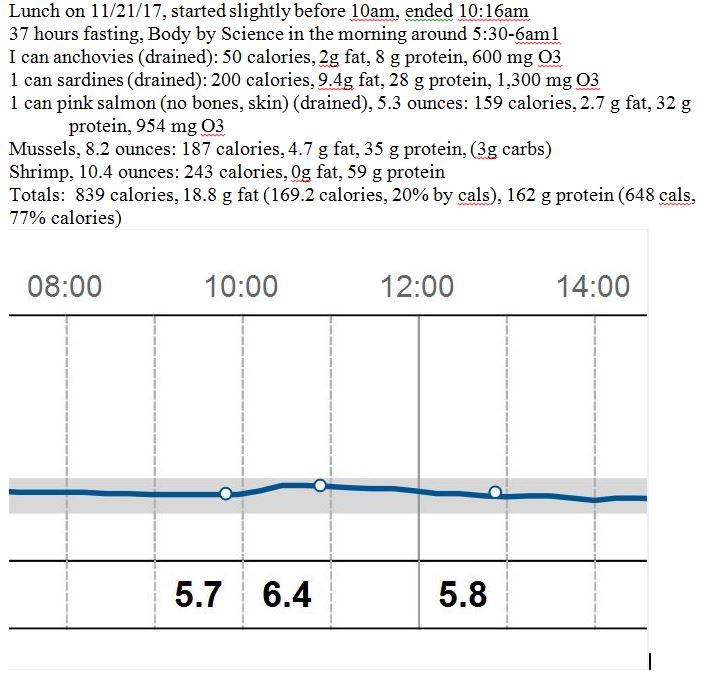Hey guys,
I’m new, so hello everybody. Sorry I’m asking this question but so far, no amount of googling could help me on this. Sorry in case I posted to the wrong sub forum.
I’m doing Keto for 14 weeks now and so far, I’m very happy. However, sometimes I have a really bad reaction after eating. It’s like a total energy crash, with feeling extremely fatigued, tired, cold (shivering) and it’s impossible to think straight (brain fog deluxe). It only happens when I’m eating lean protein as a snack but never when I do OMAD (where I usually get all my protein + fats in one meal).
I had it happen to me after eating a can of tuna, or 100g of corned beef, or whey protein, or trout. Never with cheese. The thing is, I can eat all these things during my OMAD and it’s all good. My husband can eat 2 cans of tuna in one go and doesn’t notice anything, if I eat 2 cans of tuna without any added fat I’ll be ill for 6 hours. But when I make a tuna salad with mayonnaise and eggs, I can eat an equal amount and I’m fine.
It’s actually not such a big deal, I just noticed I can’t eat any lean proteins without any fat, but I’m really curious why this happens to me and probably nobody else as I haven’t read about it so far?
I suspected some type of allergy, but I can eat the exact same foods together with fat and it’s fine. It also doesn’t give me any digestion issues, so no general protein intolerance. I do KNOW it’s not “too much protein is kicking me out of Ketosis”, and I also don’t think it’s an insulin issue as it would happen with any big amount of protein, no matter if I added fats or not, right?
Still, I’m just curious what the science behind this is, if there is any. Maybe it’s just a weird individual specific thing.
Thanks in advance for reading and kind regards!


